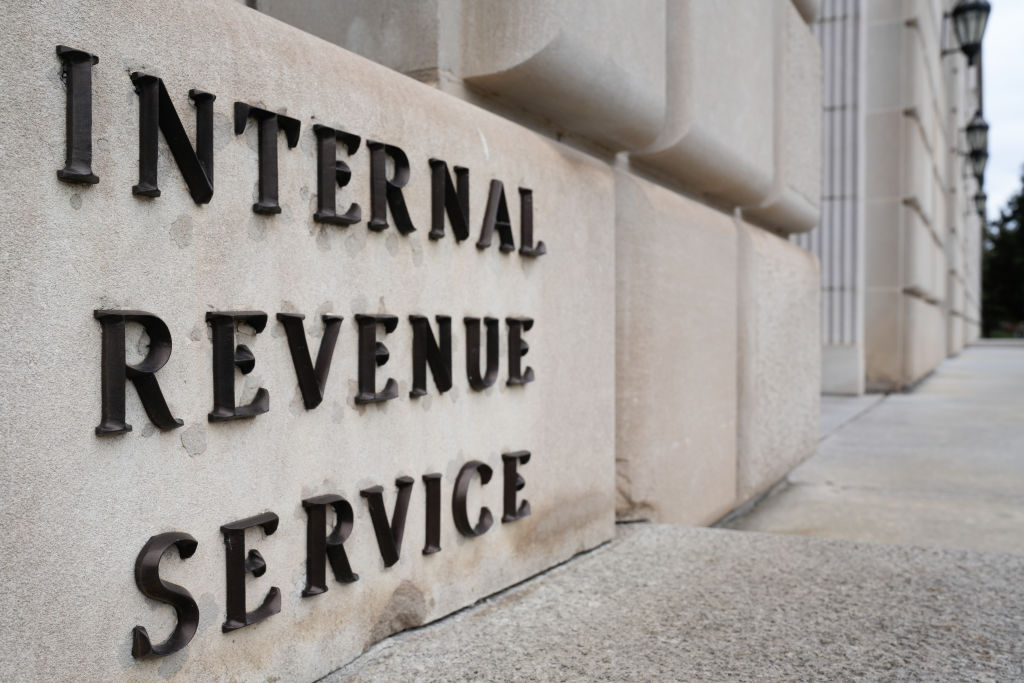On June 17, the Treasury Department and Internal Revenue Service announced a new regulatory initiative to close the stepped-up basis tax loophole.
The stepped-up basis tax loophole enables the wealthiest Americans to avoid paying billions in taxes every year.
Stepped-Up Basis Tax Loophole
One of the IRS and Treasury Department’s initiatives is aimed at closing the stepped-up basis loophole. Currently, when an individual inherits assets held for more than five years, they do not have to pay capital gains tax if they choose to sell.
According to one study, closing the stepped-up basis tax loophole could raise around $1 trillion over a decade. That is much needed revenue considering the country’s mushroom-clouding national debt.
The attempt to crack down on basis shifting involves three related policy changes. Altogether, the IRS estimates that this initiative could produce upwards of $50 billion over the next decade.
“As much as I hate paying taxes,” one user on Reddit commented, “we need to support the IRS taxing the rich. What’s fair is fair.”
The attempt to close the basis shifting loophole is the latest in an ongoing IRS crackdown on wealthy tax-dodgers.
A Cash-Strapped IRS Can’t Audit The Wealthy Effectively
From 2010 to 2021, the IRS budget fell by almost $3 billion, accounting for inflation. As the department itself has acknowledged, this underfunding hindered the agency’s ability to prevent tax dodging.
While incidents of suspected basis shifting increased by 70 percent over the 2010s, audit rates of partnerships engaging in passthrough activities fell to just 0.1 percent in 2019.
This underfunding also hampered the ability of the IRS to provide services in general. In 2017, tax business enQ called the IRS 10,000 times, with an average wait time of over 70 minutes.
However, after the Inflation Reduction Act boosted IRS funding, phone wait times fell to just four minutes in 2023 and around three in 2024.
“The IRS has been underfunded,” one Reddit user noted, “so they can’t handle extensive returns, which is working as intended to protect the rich from being audited.”
The increase in funding due to the IRS allows the agency to invest in properly auditing the wealthy, whose tax situations are often complex.
Other IRS Initiatives to Close Tax Loopholes
One of several policies aimed at tackling tax avoidance by the wealthy targets a tactic called “basis shifting.”
The wealthiest Americas often create multiple legal entities, enabling them to manipulate complex tax rules to avoid paying large sums of money. A cash-strapped IRS doesn’t have the resources to audit the complex web of wealth shifting.
In January, the agency recovered almost $500 million from millionaires who had failed to pay owed tax. The IRS says it could recover roughly $160 billion the top one percent avoid paying annually.
In fact, the real figure may be higher.
“Yes, yes yes,” one Reddit user wrote in support of tackling this loophole. “But good luck [of this] ever becoming law.… Fingers crossed.”
Republican politicians fiercely oppose increasing funding for the IRS. Sen. Rick Scott warned that the GOP would use a potential majority in the House and Senate to “immediately” undo the $80 billion in funding allocated to the IRS. The following January, House Republicans successfully passed a bill that reduced IRS funding by $20 billion.
Related: Billionaires Endorse Trump
Nevertheless, the IRS seems committed to reducing tax-dodging among the wealthy.
The degree of its success may depend on the outcome of the upcoming election.


